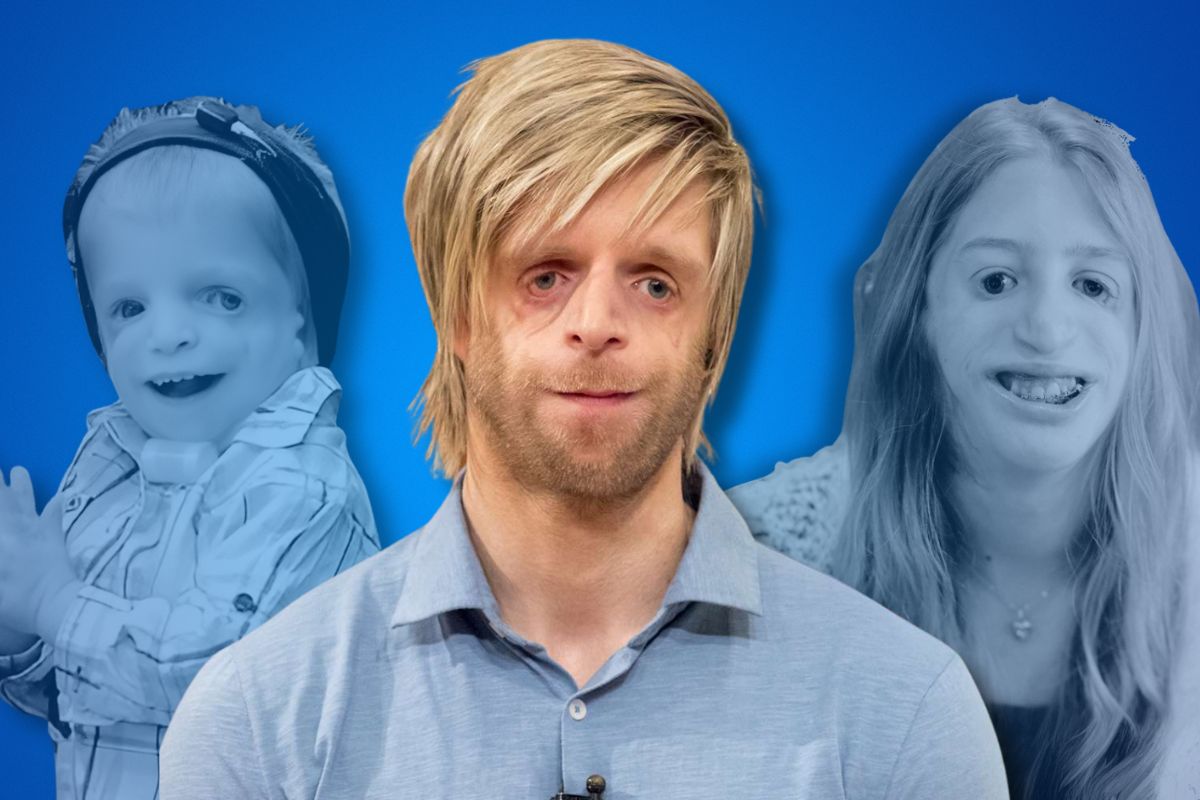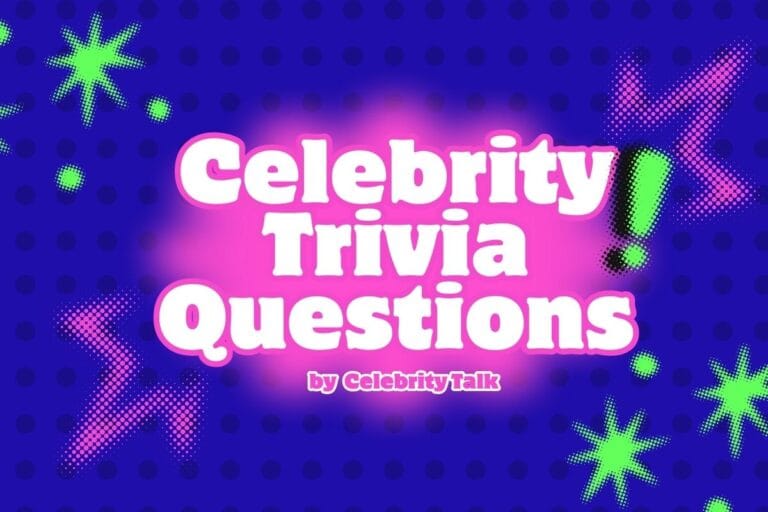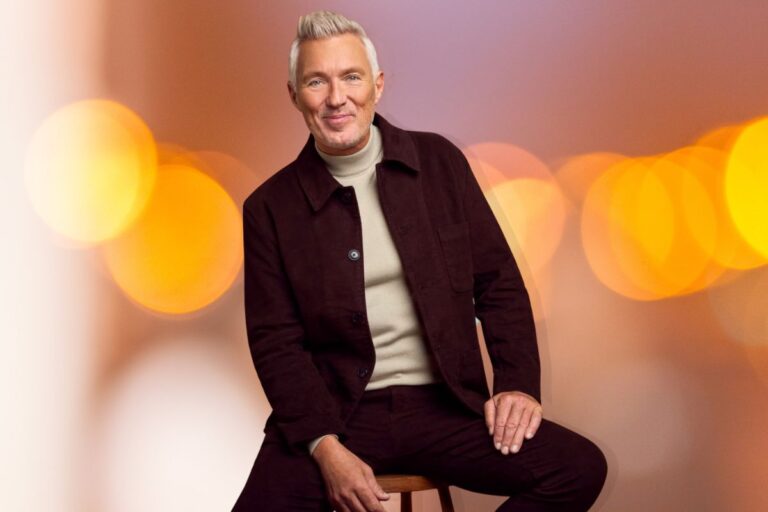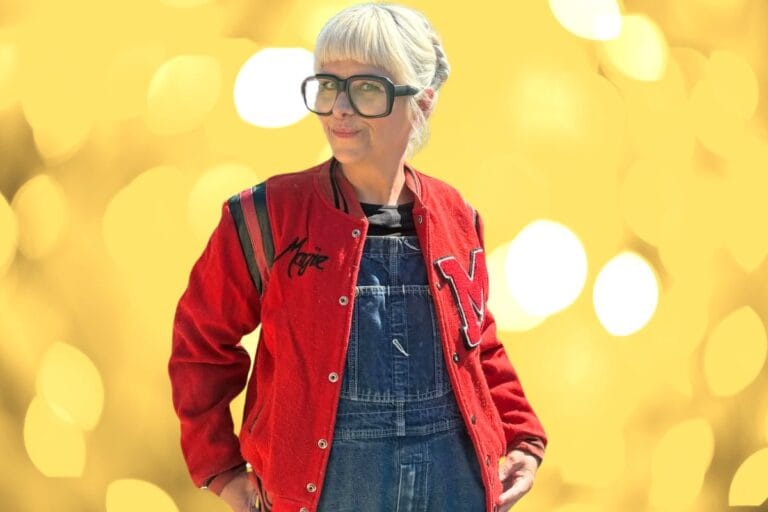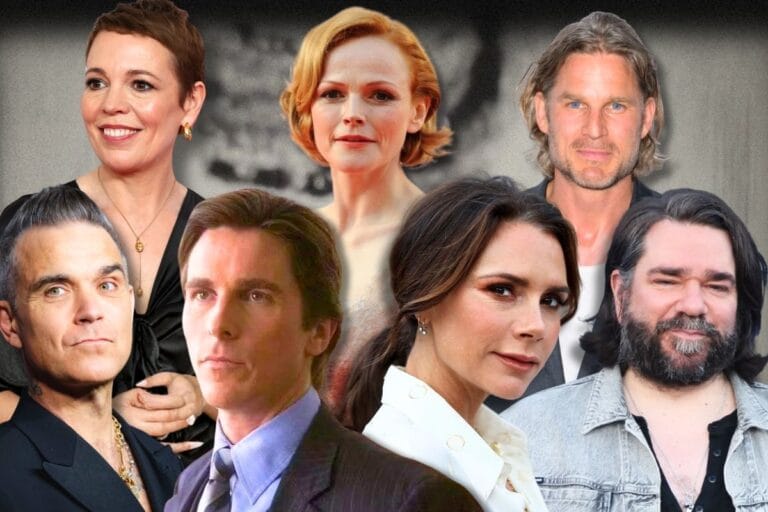You know how sometimes you meet someone who just changes how you see the world? It is what happened to me when I came across Jono Lancaster for the first time. No wonder, for this Yorkshire lad has Treacher Collins syndrome, and he is, trust me on this one, perhaps the most inspiring person you will ever meet.
Right, So What Actually Is Treacher Collins Syndrome?
Treacher Collins syndrome sounds a bit of a mouthful, doesn’t it? Named after some British surgeon back in the day, George Andreas Treacher Collins. It’s more or less this genetic thing that happens when babies are gestating in the womb. The genes that form the bones of the face get a bit wonky.
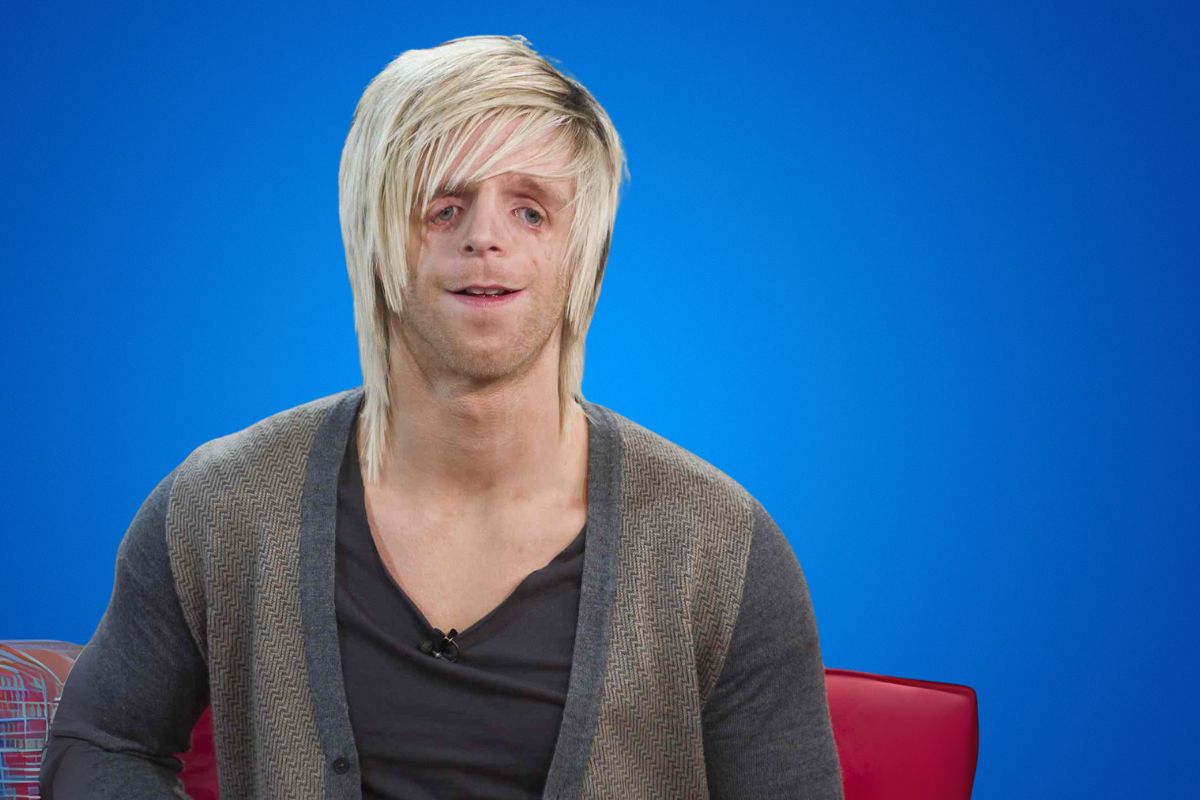
It is estimated to affect roughly one child in every 10,000 births. Not terribly common, but not as rare as you might imagine either. The problem is that it’s not anyone’s fault – it just happens. Pure chance, really.
What’s It Actually Like Living With It?
Imagine it: if your cheekbones do not develop properly, your eyes will appear droopy. Your jaw could be smaller than normal, creating challenges with eating and talking. Ears are usually a bit different, too; Jono refers to his as “Bart Simpson ears”, which I think is brilliant.
But the thing that really gets me doesn’t have to do with medical stuff. Yeah, there might be breathing problems, hearing problems, and maybe a couple of surgeries. The real challenge? Other people. There are people staring and whispering, and children pointing in the street. And that’s what really gets you.
My mate Victoria works with kids who have facial differences, and she always says the same thing: “It’s not the condition that’s the problem; it’s how society reacts to it.”
The People Who Are Changing Everything
Jono Lancaster: Now there’s a legend if ever I met one. His birth parents couldn’t handle his appearance and left him at the hospital. Imagine that for a second. But his adoptive parents? They saw this little lad and thought, “Yeah, he’s ours.”
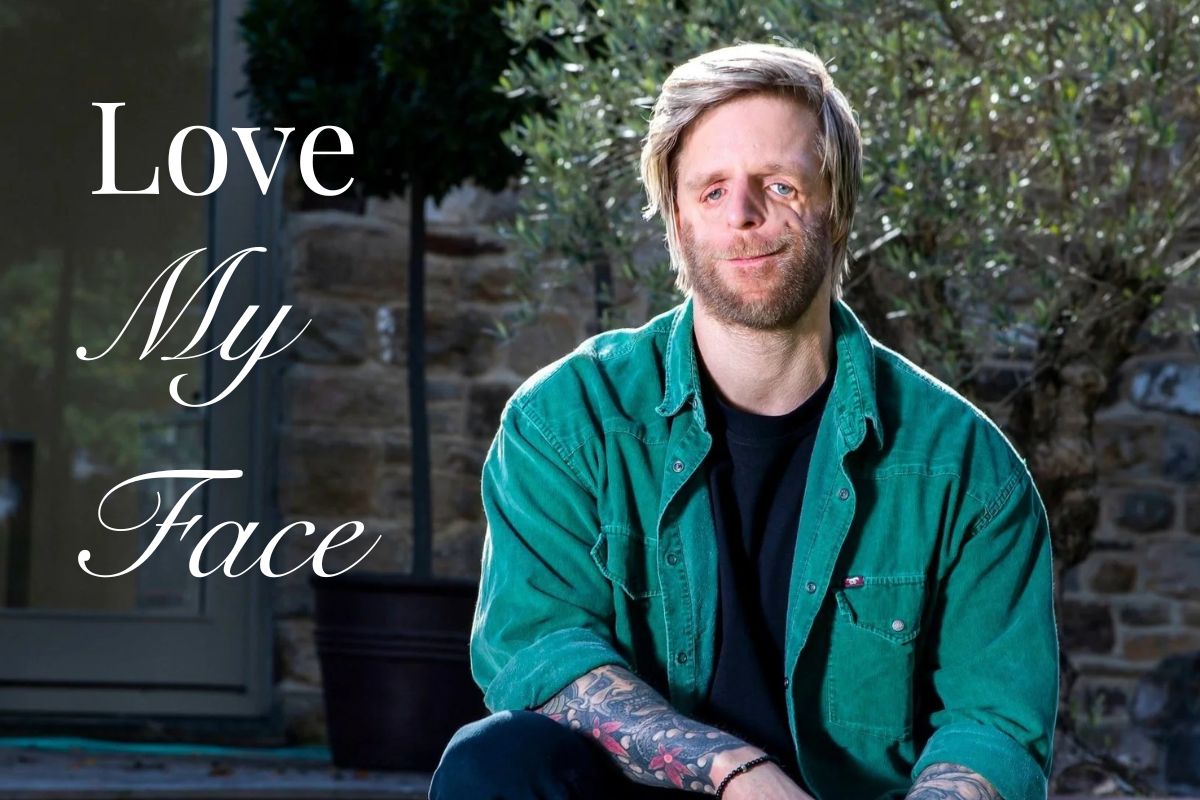
Fast forward to today, and Jono‘s travelling the world, speaking at schools, appearing on telly, making documentaries. His film “Love My Face” had me in tears, proper ugly crying, not gonna lie. The man’s got this way of making you laugh whilst teaching you something important.
Then there’s Nathaniel Newman. Remember that film “Wonder”? Nathaniel’s story inspired bits of it. This kid’s been through more surgeries than most adults face in a lifetime, yet he’s out there living his best life, going to school, playing with mates.
Celebrities with Treacher Collins syndrome aren’t just famous because they look different. They’re famous because they’re doing something about it. They’re changing minds, one conversation at a time.
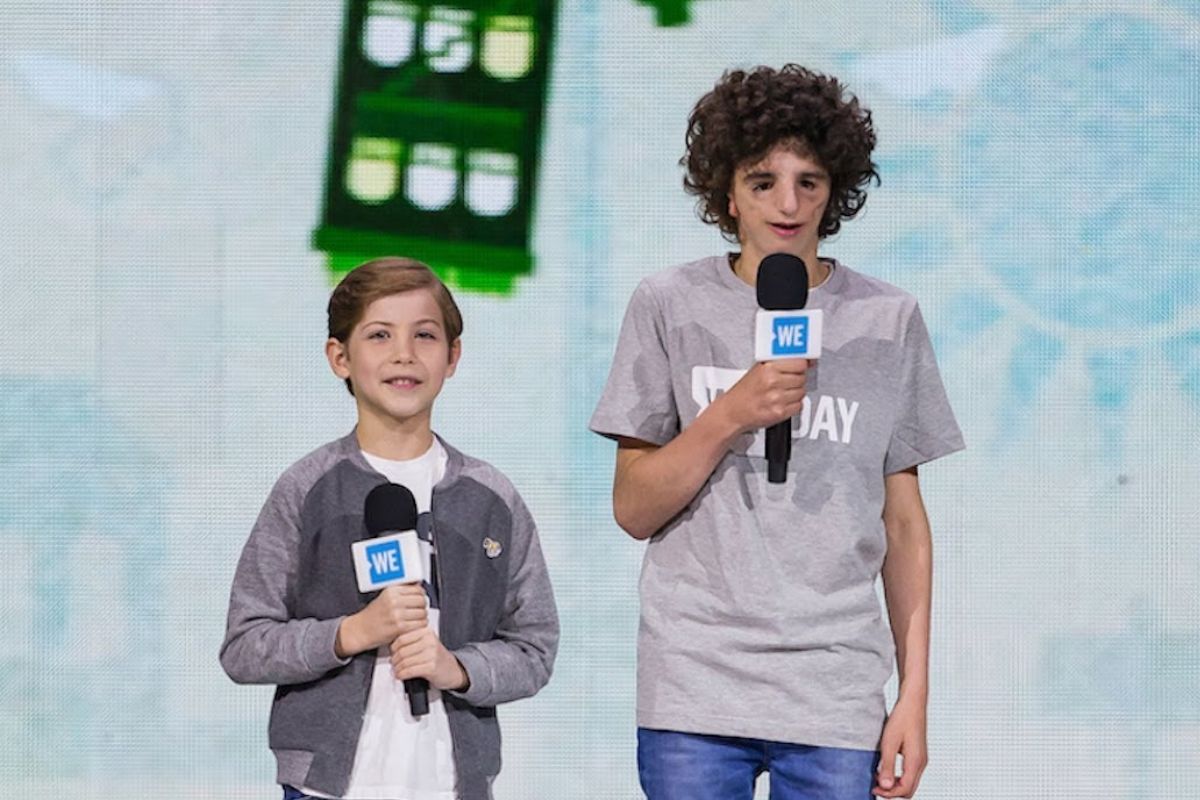
When Hollywood Gets It Right
“Wonder” came out in 2017, and blimey, did it make waves. Jacob Tremblay spent hours every day in makeup to play Auggie, a ten-year-old starting mainstream school. The film showed what it’s really like as it showed the good bits, the rubbish bits, all of it.
But here’s what I loved most: it wasn’t a pity party. Auggie wasn’t some tragic figure we’re supposed to feel sorry for. He was just a kid who wanted friends and to fit in. Normal stuff, really.
There was this documentary too, “Unmasked: Treacher Collins Syndrome” from 2004. It’s a bit older now, but it showed real families dealing with real challenges. No Hollywood magic, just honest stories.
Living Normal Lives (Whatever Normal Means)
Here’s what struck me about celebrities with Treacher Collins syndrome – they’re not celebrities because they’re inspiring or brave or any of that patronising nonsense. They’re celebrities because they’re good at what they do.
Jono works in youth support. Proper job, helping teenagers who are struggling. He just happens to also speak at conferences and appear on television programmes. The syndrome is part of who he is, but it’s not everything he is.
I met a teacher once who had Treacher Collins syndrome. Fantastic at her job, kids adore her, and parents respect her. She told me something I’ll never forget: “I don’t wake up every morning thinking about my face. I wake up thinking about what I’m teaching today.”
That’s the thing, isn’t it? These folks are living completely ordinary lives in extraordinary ways.
The Knock-On Effect
When people with facial differences appear in films or on telly, something magical happens. Kids who’ve never seen anyone who looks like them suddenly have role models. Parents stop panicking about their child’s diagnosis and start seeing possibilities.
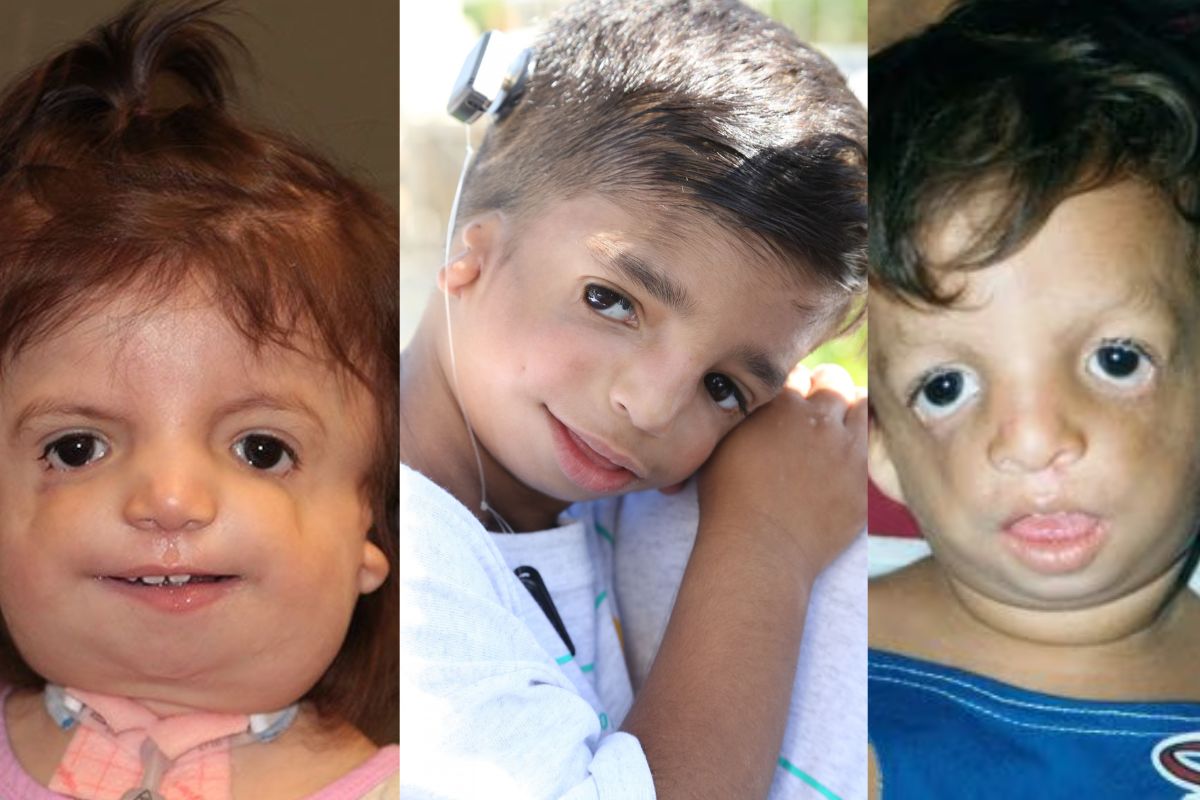
Schools are using “Wonder” in their anti-bullying programmes now. Teachers tell me their pupils are kinder and more accepting after watching it. One headteacher said her playground became noticeably gentler after they showed the film.
Medical conferences invite people with the condition to speak now. Doctors are learning it’s not just about fixing bones; it’s about understanding what life’s really like for their patients.
What’s Next?
Surgery’s getting better all the time. But you know what’s improved even more? Attitudes. When I was a kid, anyone who looked different got stared at, whispered about, and maybe even picked on. Now? My daughter’s generation barely bats an eyelid.
That’s down to people like Jono, like Nathaniel, like all the others who refuse to hide away. They’re out there, living their lives, working, laughing, sometimes crying, being completely human.
Each person who shares their story makes it easier for the next person. They’re making something together: a world in which looking different isn’t something to overcome; it’s just another way of being human.
And honestly? That’s pretty wonderful.

